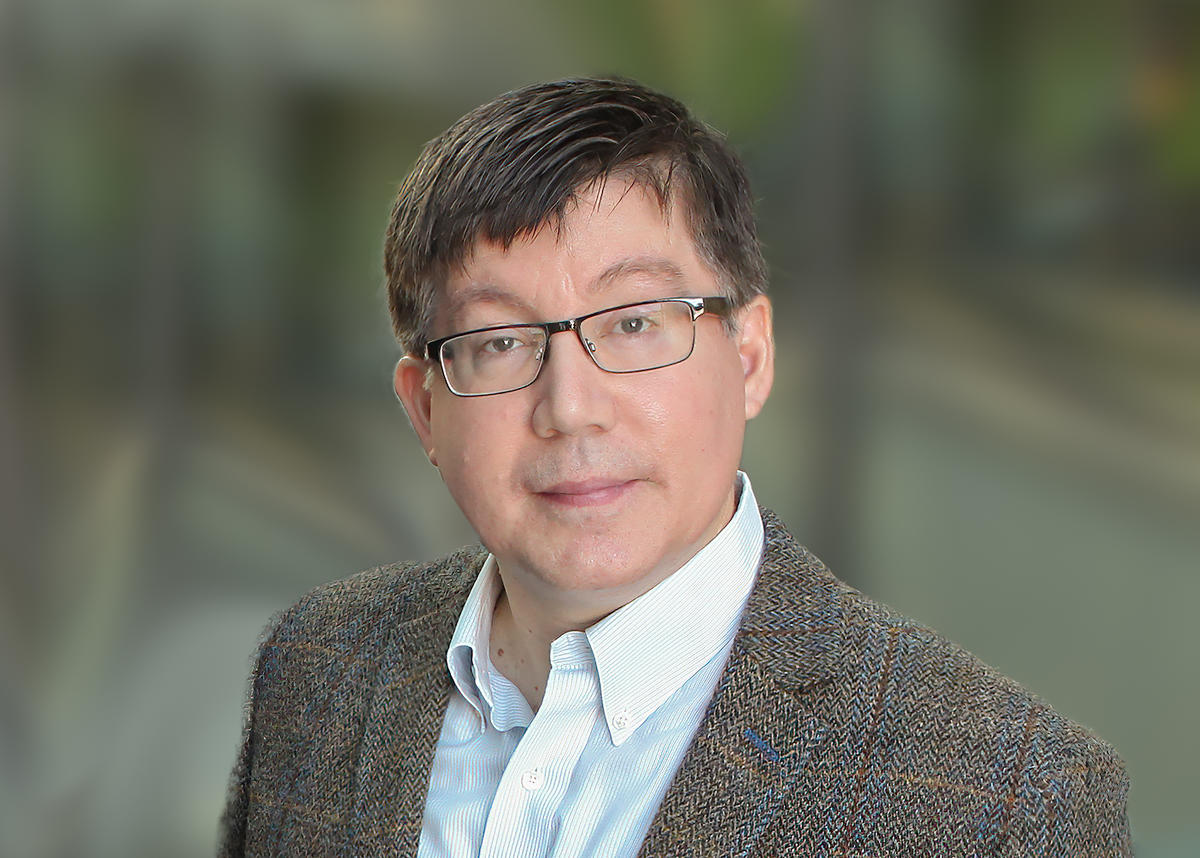Sorensen Lab Receives NSF Syn Grant
Erik Sorensen, the Arthur Allan Patchett Professor in Organic Chemistry, and professor of chemistry, has been awarded a multi-year grant in the field of target-directed synthesis from the National Science Foundation Chemical Synthesis (SYN) Program.
The four-year grant, titled “Seeking Innovation and Efficiency in Natural Product Synthesis,” will fund two projects that together reflect a return to the Sorensen lab’s research roots in structure-inspired synthesis. Broadly, the projects will focus on new ways of thinking about synthesis and the development of innovative strategies for molecular construction.
The grant application process, which started last summer and extended through the Fall 2020 semester, was guided by three second-year graduate students who will now lead the projects: Nicholas Falcone and John Hoskin will work on the cyclobutastellettolide class of marine-derived immunomodulatory natural products; and Johanna Masterson will work on chemical insights to enable short syntheses of the cell cycle inhibitor curvularol.

Photo by C. Todd Reichart
“I learned that we got this grant last month and I was just so happy,” said Sorensen. “These three especially enthusiastic students put a lot into it to build the preliminary work that forms the foundation of the projects in this grant. They brought so much energy and creativity on a daily basis, finding ways to work right through the pandemic. I could not have gotten this grant without them.
“We’ll be working on unique molecular structures that have some therapeutic significance,” Sorensen added. “These are natural products with cellular properties that make them possibly useful as therapeutic agents, but they’ve never been made in the lab before, never been created by chemists. There’s no road map to build these things so we need to build that map. We are allowing these structures to inspire us to pursue some creative ideas for synthesis.”
The two projects are driven by the ongoing need for specialized organic compounds for diverse applications in chemistry and allied fields, and a corresponding need to improve the collective ability to efficiently synthesize compounds with varying levels of structural complexity. By providing the concepts and methods to design and execute syntheses of carbon-based compounds, these and other projects in organic synthesis will undergird new medicines and research advances in chemistry.
“I was ecstatic when I heard we’d been awarded this grant,” said Masterson, who is also an NSF Graduate Research Fellow. “It felt really great to see our hard work pay off. I am proud to have played a role in this achievement and am excited to continue work on one of the syntheses funded by this grant. I hope that during my time at Princeton, I can contribute to novel strategies or methods in the context of a natural product synthesis.”
Hoskin added: “I am working with my friend Nick Falcone on the synthesis of a terpenoid natural product with potential anti-tuberculosis applications. It is so exciting and motivating to be on a project with the potential to make a real, tangible impact on society.”
The NSF Syn Program supports experimental and computational research on the development of new and efficient synthetic methodologies and on the synthesis of complex and challenging chemical structures. Typical synthetic targets include novel structures, molecules and structures displaying unique properties, or substances that provide pathways to discover and elucidate new phenomena.
